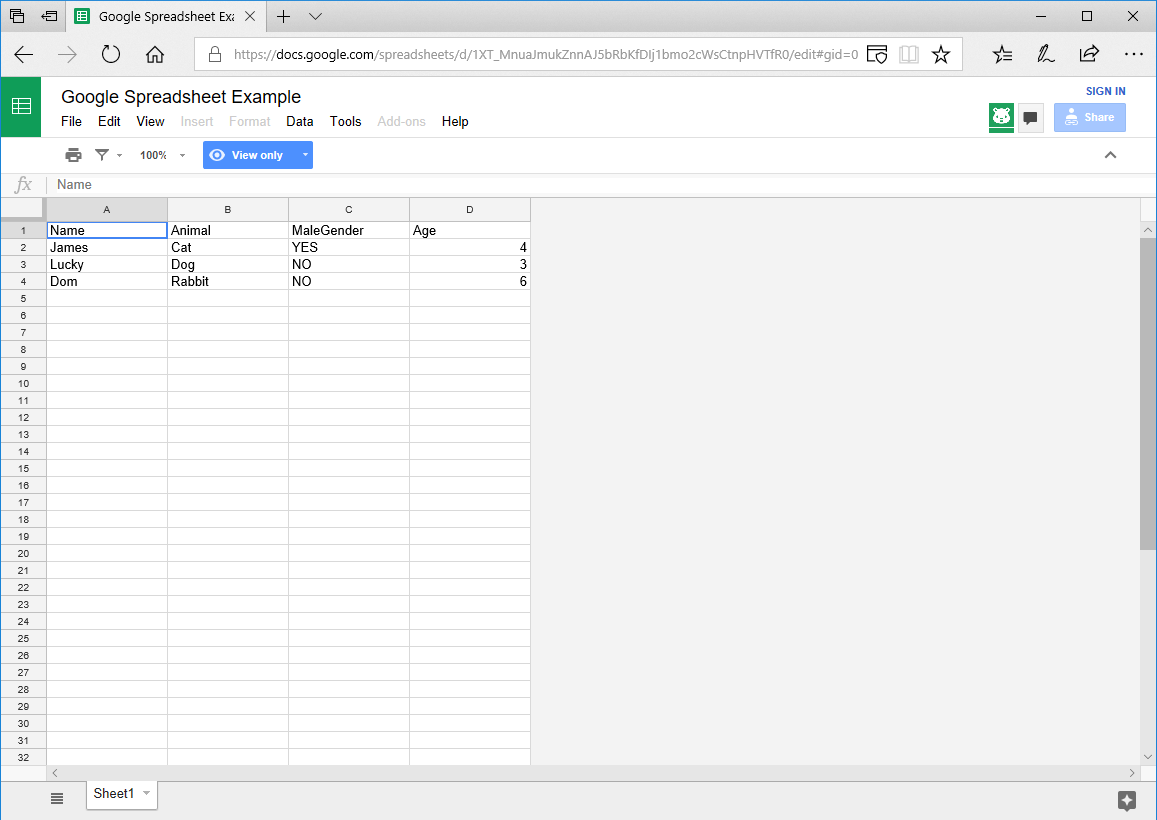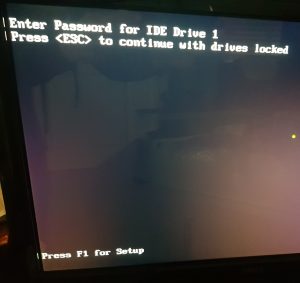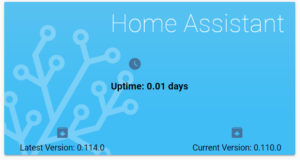To simplify collaborators working with iOS development, I’ve decided that Google Spreadsheet is a good way of handling simple data collection. Which would then be exported to XML format for download, useful for updating applications on the fly.
Advantages for collaborators:
- Spreadsheet operate within browser
- Edit spreadsheet in real time, no modification conflict
- Spreadsheet upload new revision (Publishes every 5 minute)
- No learning of XML or PLIST
- Set validation for each cell, restrict user error
- User interface
- Require PHP server
- Ensure your PHP filesystem configuration of allow_url_fopen = “1”, to accept external links (Google domain). If not you can download and upload the CVS on your domain
Google has removed support for outputting RSS which was useful in creating XML. But there is an tutorial in exporting using CSV:
http://www.ravelrumba.com/blog/json-google-spreadsheets/
Rob has provided an brilliant example converting CSV into array, which can be used to convert it into JSON, XML, PLIST format
Would this be useful for your project?, can just check out this online example.
https://docs.google.com/spreadsheet/ccc?key=0As2k7pb_ovxKdFhLcHNPRlVjU21iYW9LUGw4YU9kaEE&usp=sharing
Encode:



